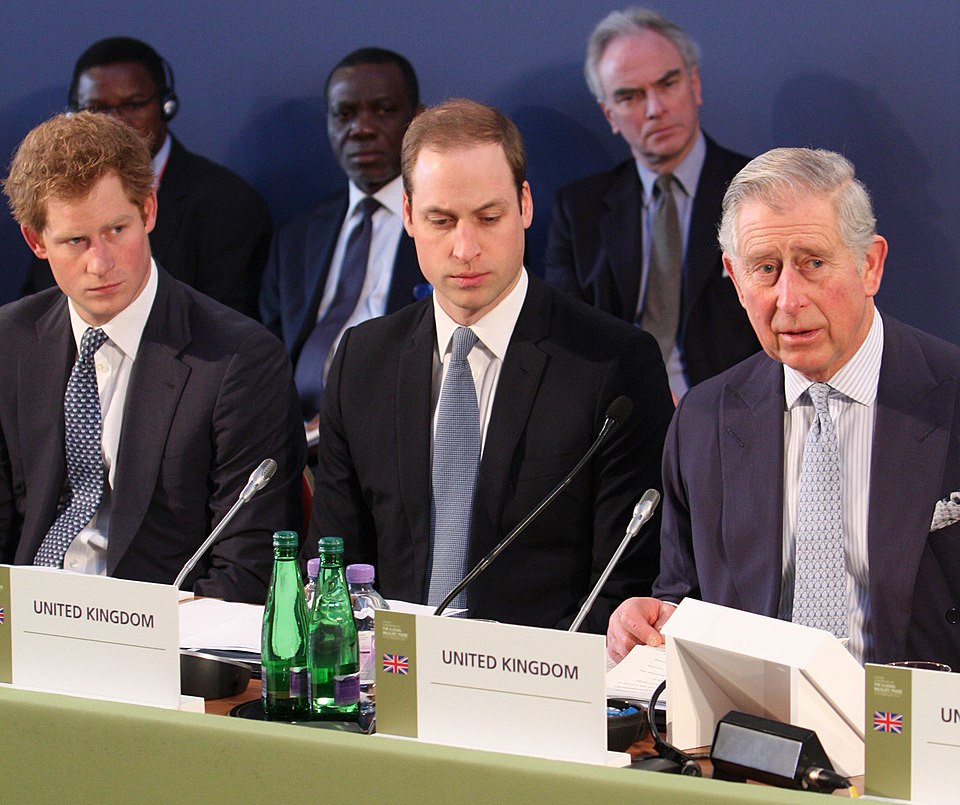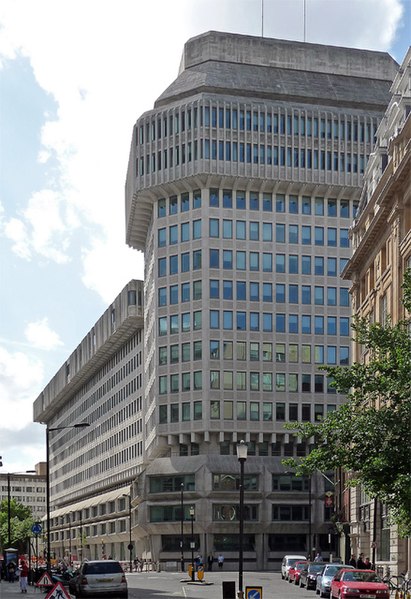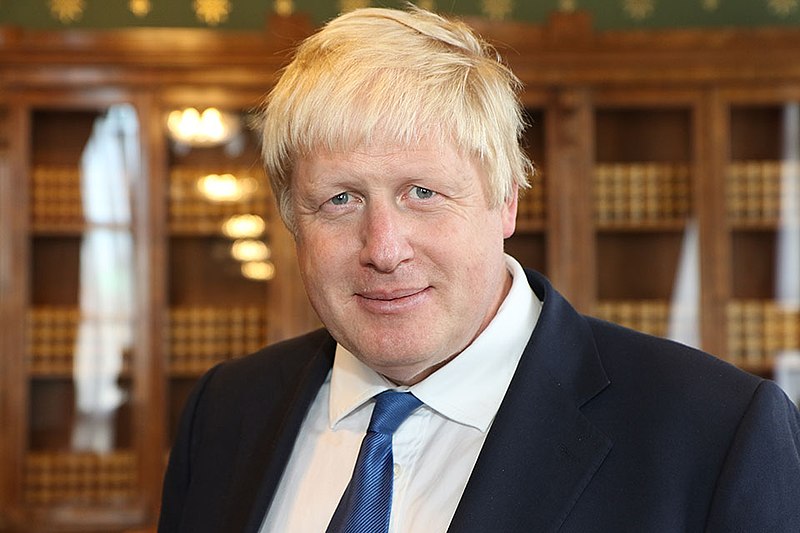
Hundreds of tractors filled the streets of London as part of a major protest against recent changes to inheritance tax (IHT) rules. Farmers from across the UK drove into the capital, joined by
similar demonstrations in Cardiff, Edinburgh, and Belfast. Organized by Kent Fairness for Farmers and Save British Farming, the "RIP British Farming" protest aims to highlight the challenges facing the agricultural sector under the new tax reforms.
The scene in London
Tractors lined Whitehall as MPs gathered for Prime Minister's Questions (PMQs). Farmers traveled from as far as Exmoor, Shropshire, and Somerset to participate. The protest featured speeches outside Downing Street, a moment of silence for farmers lost to economic pressures, and a slow drive around central London.
Millie Goodwin, 18, whose family runs a farm in Kent, stood atop a tractor, symbolizing the generational impact of the tax changes. Protesters emphasized the financial burden the reforms would impose, with many fearing they might need to sell parts of their farms to cover the costs.
What are the farmers protesting?
The protest targets reforms to agricultural property relief (APR) announced in the recent budget. Under the changes, full inheritance tax relief is capped at £1 million for combined agricultural and business property. Any value above this threshold is taxed at 20%, compared to the usual 40% for other estates.
Farmers argue the changes threaten the viability of family-run farms. Jeff Gibson, founder of Kent Fairness for Farmers, expressed frustration: “We provide food without much financial gain, hoping to pass our farms to the next generation. Now, many may face a decade of tax burdens due to these reforms.”
The National Farmers Union (NFU) estimates that 75% of farms exceed the £1 million threshold, forcing many to sell land to pay taxes. A poll conducted by the Country Land and Business Association found that 58% of people in rural England oppose the tax hike, with significant opposition even among Labour voters.
Government’s response
The government has defended the reforms, stating they affect only the wealthiest estates, with around 500 impacted nationwide. They emphasized their ongoing support for the farming sector, including a £343 million investment in nature-friendly farming initiatives. At PMQs, Labour leader Sir Keir Starmer reiterated that the majority of farming families would remain unaffected by the changes.
Despite these assurances, farmers remain unconvinced. Chris Cowles, a young farmer from Leicestershire, described the reforms as treating farmers like “second-class citizens.” He highlighted the long-term financial strain the changes impose, especially on smaller farms with slim profit margins.
Building momentum
This is the second major farmers' protest in recent weeks. On November 19, an estimated 13,000 people gathered in Westminster, including prominent figures like composer Andrew Lloyd Webber and TV personality Jeremy Clarkson. Clarkson described the budget’s impact on farming as “a hammer blow to the back of the head.”
Organizers are determined to maintain pressure on the government. Liz Webster, founder of Save British Farming, accused Labour of launching an “anti-farming Stalinist offensive” and urged them to reconsider their stance.
What’s next?
As tractors rolled through central London, the message from farmers was clear: the fight for the future of British farming is far from over. Protesters vowed to continue their campaign, hoping to force the government to reconsider the tax changes and provide more substantial support for the agricultural sector.
Public reaction
Public sentiment appears divided. While many sympathize with farmers’ struggles, others believe the reforms are necessary to address inequality. The protests have reignited debates over how to balance economic policy with preserving rural livelihoods.
For farmers like Millie Goodwin and Chris Cowles, the stakes are personal and immediate. Their actions highlight not only the financial implications but also the cultural and generational significance of farming in the UK. Whether the government will shift its position remains to be seen. Photo by Bob Nichols, Wikimedia commons.































































